Rio de Janeiro in translation River of January or simply Rio, is the second-largest city in Brazil, the sixth-largest city in the Americas, and the world’s thirty-ninth largest city by population. The metropolis is anchor to the Rio de Janeiro metropolitan area, the second most populous metropolitan area in Brazil, the seventh-most populous in the Americas, and the twenty-third largest in the world. Rio de Janeiro is the capital of the state of Rio de Janeiro, Brazil’s third-most populous state. Part of the city has been designated as a World Heritage Site, named “Rio de Janeiro:Carioca Landscapes between the Mountain and the Sea”, by UNESCO on 1 July 2012 as a Cultural Landscape
It is a common mistake to think of Rio as Brazil’s capital, a distinction it lost on 21 April 1960 when newly built Brasilia became the capital. Beaches such as Copacabana and Ipanema, the Christ The Redeemer (Cristo Redentor) statue, the stadium of Maracanã and Sugar Loaf Mountain (Pão de Açúcar) are all well-known sights of what the inhabitants call the “marvelous city” (cidade maravilhosa), and are also among the first images to pop up in travelers´ minds, along with theCarnaval celebration.
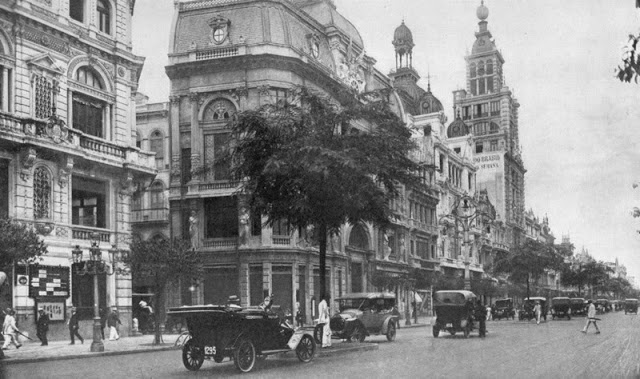
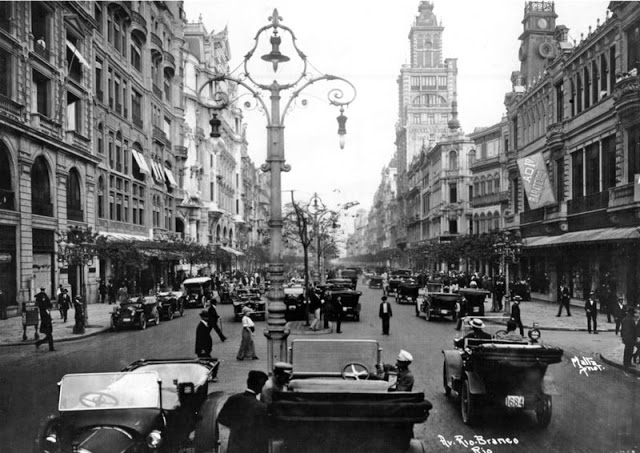
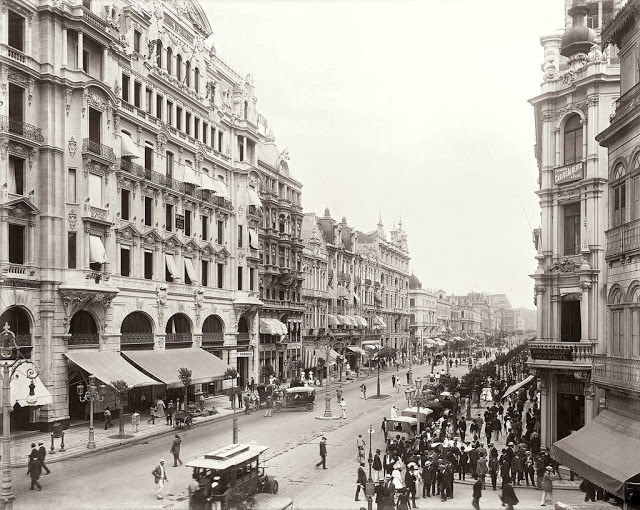
Rio was founded in 1565 by the Portuguese as a fortification against French privateers who trafficked wood and goods from Brazil. Piracy played a major role in the city’s history, and there are still colonial fortresses to be visited (check below). The Portuguese fought the French for nearly 10 years, both sides having rival native tribes as allies.
For the next two centuries it was an unimportant outpost of the Portuguese Empire, until gold, diamonds, and ore were found in Minas Gerais in 1720. Then, as the nearest port, Rio became the port for these minerals and replaced Salvador as the main city in the colony in 1763.

When Napoleon invaded Portugal, the Royal Family moved to Brazil and made Rio capital of the Kingdom (so it was the only city outside Europe to be capital of a European country).
When Brazil became independent in 1822, it adopted Monarchy as its form of government (with Emperors Pedro I and Pedro II). Many historians and Brazilians from other places say cariocas are nostalgic of the Royal and Imperial times, which is reflected in many place names and shop names.
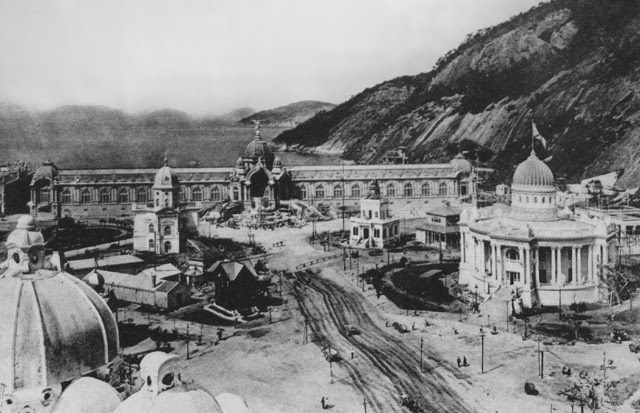
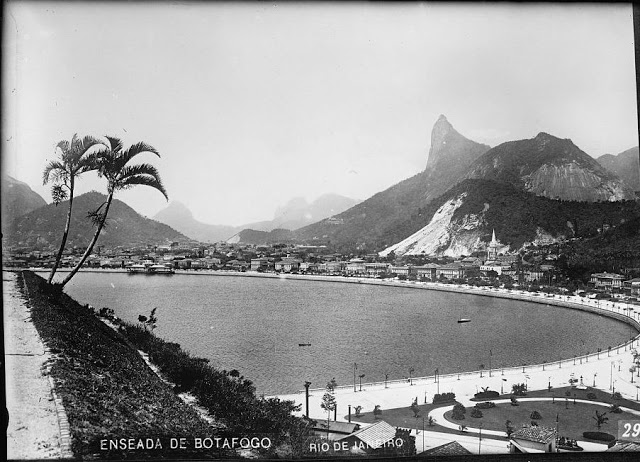
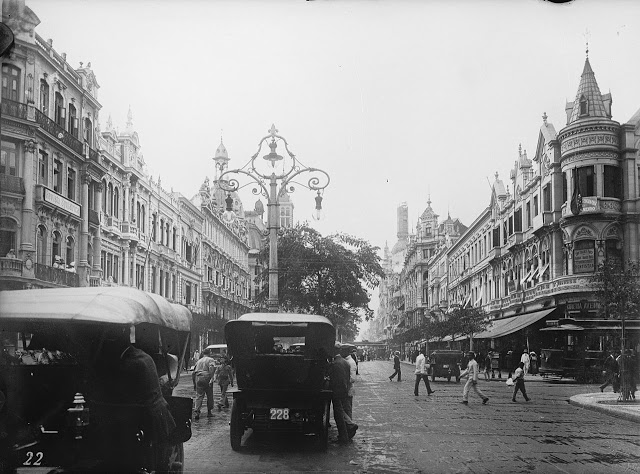
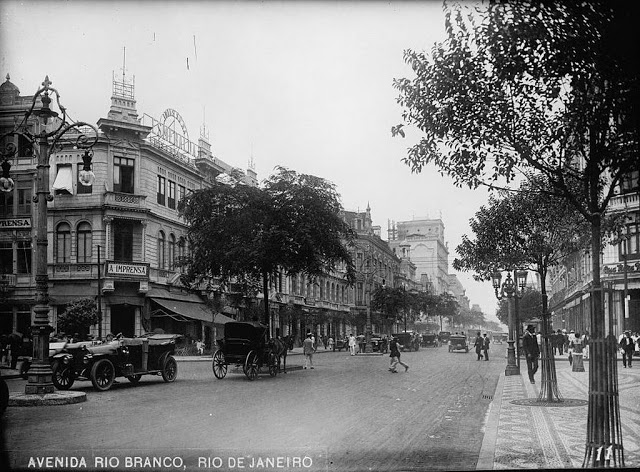
Rio de Janeiro has the second largest municipal GDP in the country, and 30th largest in the world in 2008,[6] estimated at about R$343 billion (IBGE, 2008) (nearly US$201 billion). It is headquarters to Brazilian oil, mining, and telecommunications companies, including two of the country’s major corporations—Petrobras and Vale—and Latin America’s largest telemedia conglomerate, Grupo Globo. The home of many universities and institutes, it is the second-largest center of research and development in Brazil, accounting for 17% of national scientific output according to 2005 data
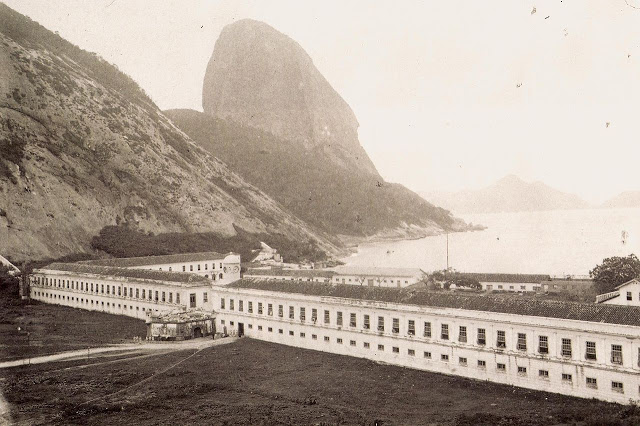
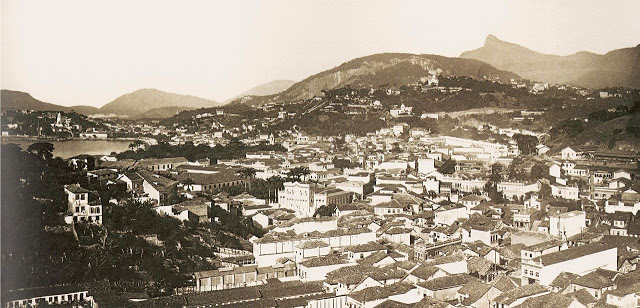
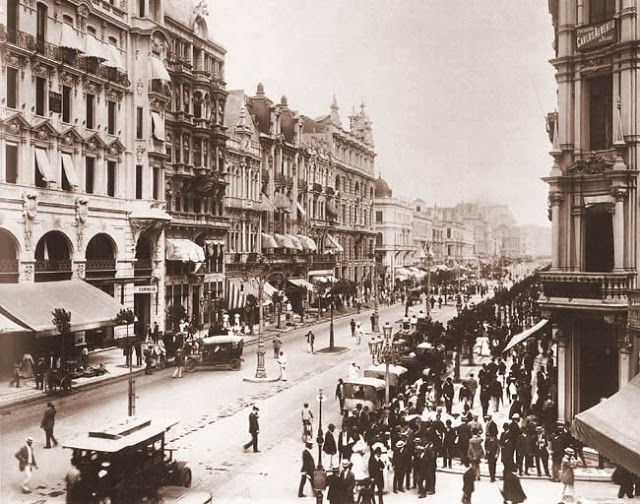
Want articles by The Vintage News delivered straight to your inbox? Subscribe to our weekly newsletter!
Rio de Janeiro will host the 2016 Summer Olympics and the 2016 Summer Paralympics—the first time a South American and Portuguese-speaking nation will host these events, and the third time the Olympics will be held in a Southern Hemisphere city.